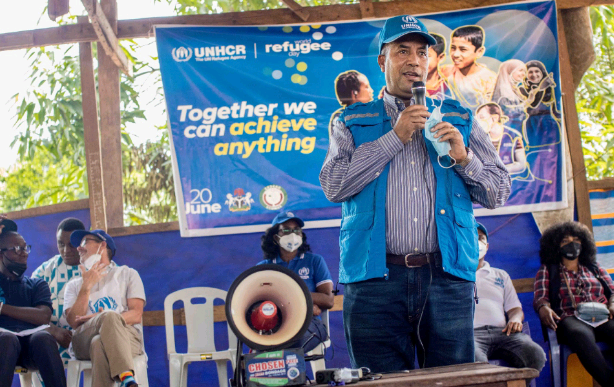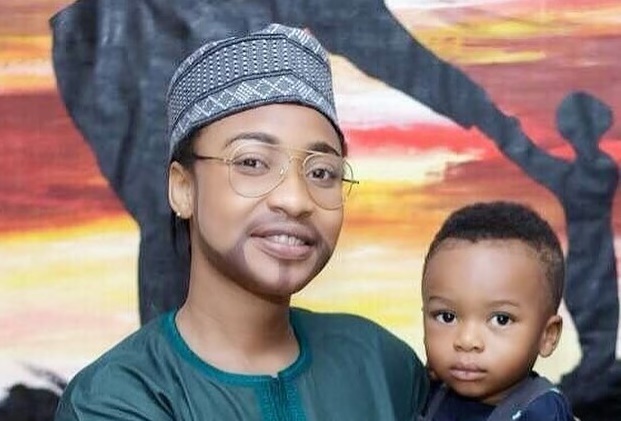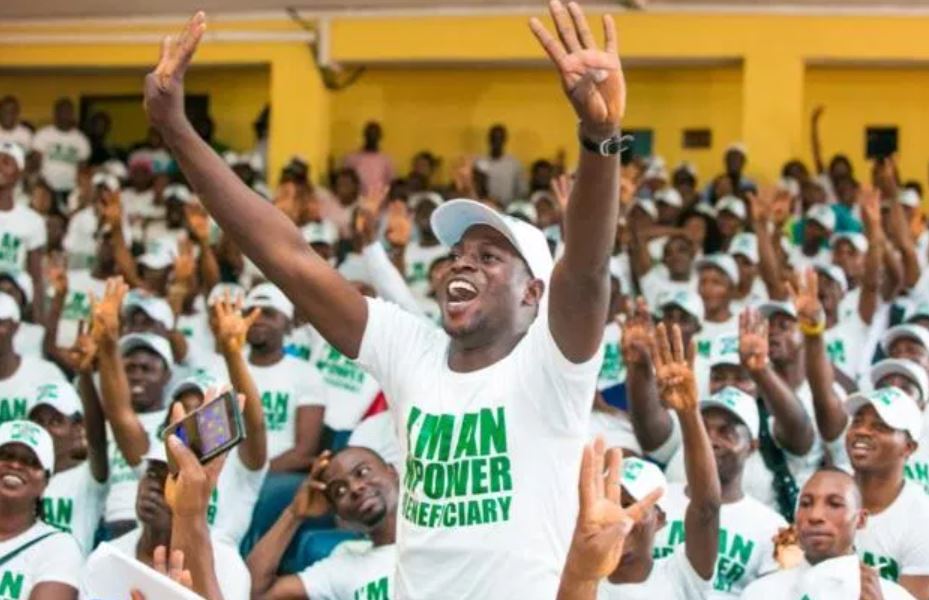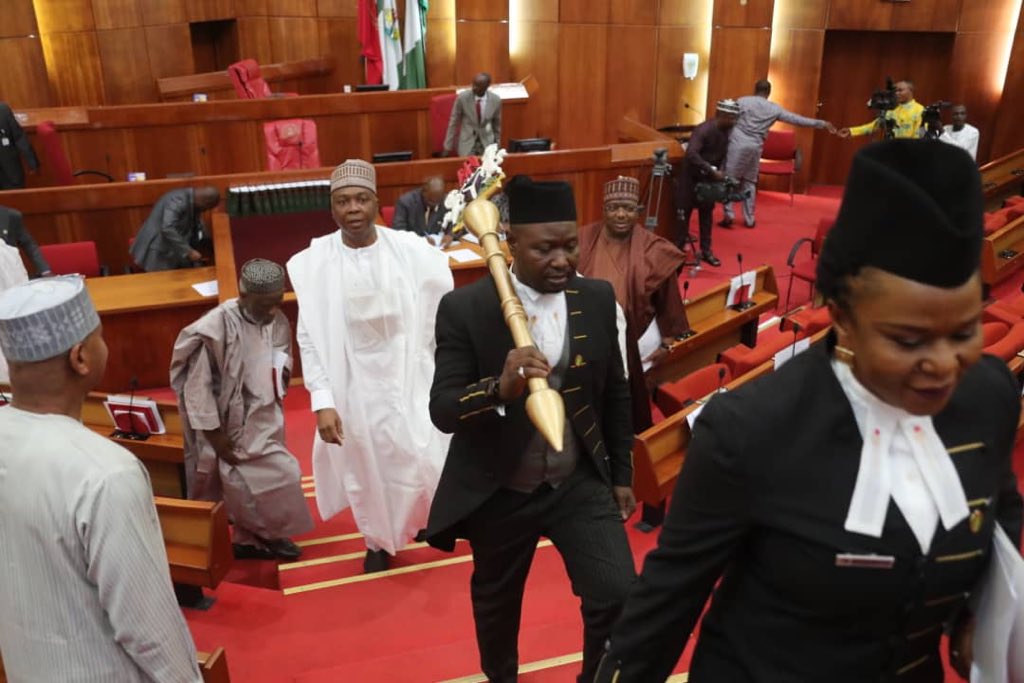Mr. Bekele speaking at World Refugee Day event in Boki Community, Cross River State © UNHCR Sub Office Ogoja
BY TESFAYE BEKELE
World Refugee Day is set aside every June 20th to celebrate, commemorate or mark the resilience of refugees. This year’s commemoration is special, as the world is only just emerging from one of its most difficult periods— which is the coronavirus pandemic. The effects of the pandemic also created an additional burden for refugees and for the United Nations High Commissioner for Refugees (UNHCR) given the irregular circumstances of COVID-19. The task of managing the influx of people fleeing to safety and needing support is normally challenging, but this is made even more complex when there are widespread concerns about public health and safety.
As the pandemic raged last year, Cameroonian refugees fleeing conflict in the south-west of the country flocked across Nigerian borders from Cross River, Akwa Ibom, Benue and Taraba states. This was not an easy situation for the refugees themselves as they have to deal with so many uncertainties. How will they be received in the country of destination? Will they have access to the healthcare facilities of Nigeria? How will they move around in search of livelihood when they arrive? These are questions that occupy the consciousness of refugees and which were also a concern for us, the UNHCR sub-office Ogoja.
Remarkably, the federal government of Nigeria had a very friendly policy towards these refugees, which then inspired UNHCR’s ability to provide adequate care for them. They had access to the same healthcare facilities as the local community, enabling us to upgrade these facilities by building isolation centres, providing COVID-19 toolkits and undertaking prevention outreach within the community. The Nigerian government was also responsive to our advocacy, led by the country representative, for access to vaccines for refugees. So far, many of them within the settlements and in the host community have received their first dose of the AstraZeneca vaccine and now awaiting the second dose which will be provided in the following weeks.
Advertisement
Also, there have been formal and informal training/skills acquisition programmes given to the refugees and the host community. This provided opportunities for them to learn together, as we also learned about ways to optimise our support to both. The refugees have access to educational establishments within the community. They learn together with the locals in line with our goals of ensuring an integrated population rather than a parallel one. The refugee children are learning the Nigerian curriculum. They have access to the same recreational facilities in the schools and enjoy the friendship of their Nigerian friends.
What we did, seeing as the refugees will naturally burden the local educational facilities, was to expand the existing infrastructure, by building more learning blocks and other educational support materials. Further, through our partnership with CUSO International and Mediatrix Development Foundation, we were able to provide livelihood training for both refugees and the host community. The skills acquired during the training include soap/detergent making, pastries production, fishery, poultry, sanitary napkin production, chocolate production, shoemaking, wig and braids making, cassava production and associated agricultural products.
It is important to mention that the warmth and hospitality of the local community, led by the chiefs and clan heads has been tremendous for the refugees. It has been at the heart of the ability of UNHCR, the host community, and the refugees to shine together. When refugees arrive in a community in their thousands, they naturally put a strain on local infrastructure and facilities. It is therefore important that the community is welcoming in order for refugees to feel emotionally calm and enjoy a sense of safety. But the host communities have done more than just welcome the refugees, they have also shared with them. We have seen clan heads wilfully provide lands for refugees to cultivate and cater to their livelihoods.
Advertisement
The host community has also not been left behind. They benefit from UNHCR’s skills acquisition training and start-up grants or toolkits to engage in small to medium enterprises. This has also bred an integrated society where refugees enjoy the liberty of trading at the local markets. When the International Day of the African Child was celebrated at the Ogoja local government secretariat a few days ago, it was impossible to differentiate between the refugee children and those of the host community. It was a beautiful moment of shared humanity, as well as an indication that the dreams of every African child are valid irrespective of their proximate circumstances.
Some may ponder whether it is possible for people whose lives have been scarred by conflict to heal, lean and shine. My answer to that is: Yes, refugees as I have seen many times have the ability to heal, learn and shine, but they need our support to achieve this. Equally, refugees improve our own experiences and can teach us new things about resilience, because, in their very lives, we see the bravery and courage to survive against the most difficult circumstances imposed by fate. They share their cultures and ideas with us, and they also return the warmth and love that we have shown them. In all, our ability to unite as refugees, host community and UNHCR, and enjoy this sense of healing, learning and shining together after a difficult period is truly admirable. It is what makes World Refugee Day this year truly special.
Tesfaye Bekele is the head of UNHCR sub-office in Ogoja, Cross River state.
Advertisement
Views expressed by contributors are strictly personal and not of TheCable.
Add a comment






